Odisha’s icon rich tapestry of social reform and intellectual pursuit is beautifully woven by the contributions of several extraordinary individuals. From Dasarathi Pattnaik’s devotion to promoting Odia literature and Kumar Bhai’s fight against obscenity, to Tulasi Munda’s tireless work in tribal education, these figures embody resilience and dedication. The legacy of environmentalists like Antaryami Sahu and healthcare champions like Dr. Bidyut Das underscores a profound commitment to the betterment of society. These icons have left indelible marks, inspiring generations through their unwavering pursuit of social justice, education, and cultural enrichment. Their stories are testaments to the transformative power of individual dedication in the face of societal challenges.
1. Dasarathi Pattnaik
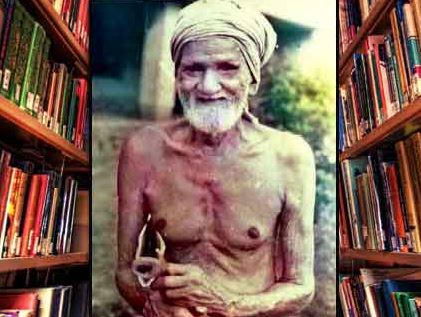
Dasarathi Pattnaik, affectionately known as Dasia Aja, is a revered figure in the Odia literary movement. Born July 12, 1907, in Raipur village near Nuagaon in Nayagarh district, he dedicated his life to the promotion of Odia literature. Pattnaik single-handedly built a library of over 50,000 books and 65,000 periodicals by collecting donations, some as small as 10 paise. His contributions include the establishment of Banchhanidhi Pathagara in 1959, Sri Aurobindo Museum in 1973, and Jadumani Sahitya Sansad in 1975. He passed away September 12, 1997, in Udayapur.
2. Kumar Bhai
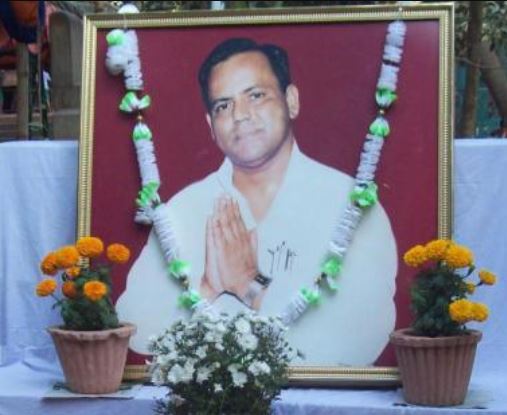
Kumar Bhai was a notable prominent figure in the international anti-obscenity movement. Though his family was from Kendrapara, he was born April 8, 1947, in Dhenkanal, where his father, Shyamsundar, practiced law. At 12 years, he passionately campaigned against obscenity in dance, music, and films in Mumbai (then Bombay), advocating for the elimination of indecency in all forms and the establishment of peace and harmony. He expanded this movement by establishing the Adarsh International Education Center in Cuttack. Kumar Bhai passed away in 1993 in Bolangir.
Also Read : 5 leaders who shaped the Odisha’s political landscape
3. Tulasi Munda
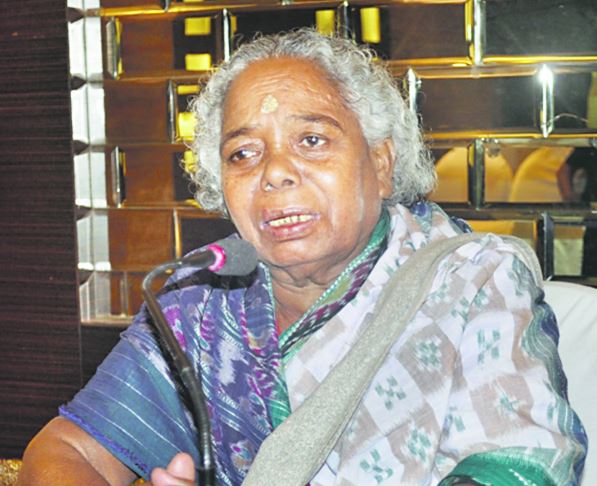
Tulasi Munda, born July 15, 1947, in Kainsi of Keonjhar district, is a prominent figure in tribal education. Coming from the Munda community, she experienced the hardships of child labour and was deeply influenced by social reformers Rama Devi and Malati Choudhury, whom she met in 1961. Inspired by their focus on women’s education, she started a school in her district in 1964 with the aim of educating tribal children. Over the years, she established the Adivasi Vikas Samiti School, where her efforts have educated nearly 20,000 children. In recognition of her significant contributions, Tulasi Munda was honoured with the Padma Shri by the Government of India in 2001.
4. Krushna Singh
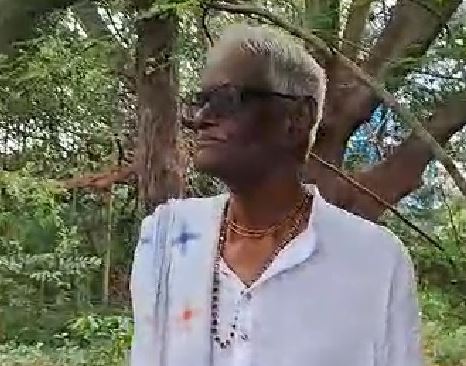
Krushna Singh is widely recognised in Odisha as a prominent figure in the Bhoodan and Sarvodaya movements. Born January 18, 1938, in Aul area of Kendrapara district, his work primarily centered in Koraput. Inspired by the ideals of Vinoba Bhave, Krushna devoted his entire life to serving the tribal communities. Through his efforts, the oppressed tribal people, who were often exploited by moneylenders, became empowered and were freed from exploitation.
5. Purnamasi Jani
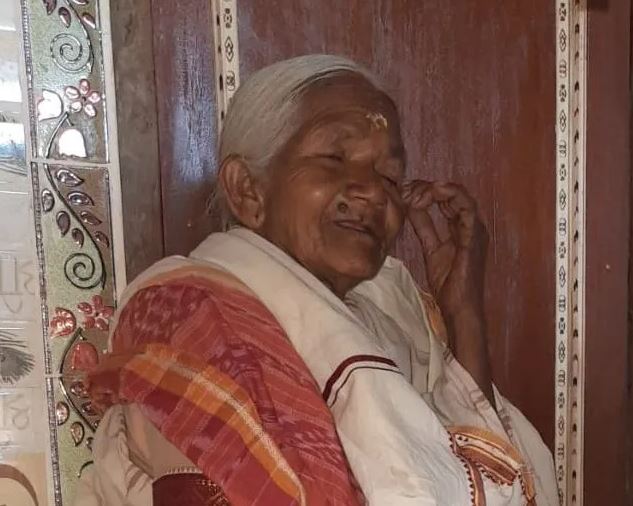
Purnamasi Jani, also known as ‘Tadisaru Bai,’ is a renowned tribal poet and social worker. She has composed over 50,000 devotional songs in Kui, Odia, and Sanskrit languages despite having no formal education. Recognising her extraordinary contribution to literature and culture, the Government of India honoured her with the Padma Shri award in 2021. Born in 1944 in Charipada village of Khajuripada block, Kandhamal district, her life has been filled with hardships, including the loss of all six of her children. A woman of few words, she spontaneously composes and sings hymns while meditating. Several researchers have documented her works and life story.
6. Antaryami Sahu (Gachasara)
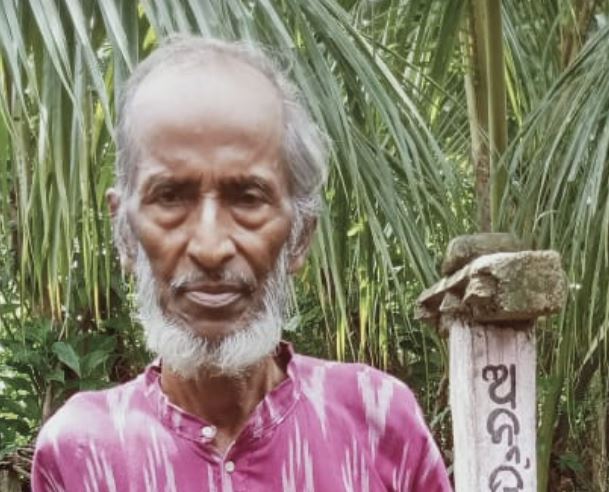
Antaryami Sahu, born December 27, 1946, in Kantilo village, Nayagarh district, has had a lifelong passion for trees. He dedicated his life to tree plantation. As a teacher in Boudh, he revived an ancient garden at Ramgad Panchayat and initiated tree plantations across Boudh and Khandapada. To date, he has planted over 53,000 trees and continues his work in environmental conservation. His efforts have earned him multiple accolades, including the Biju Patnaik Wildlife Protection Award.
7. Bidyut Das
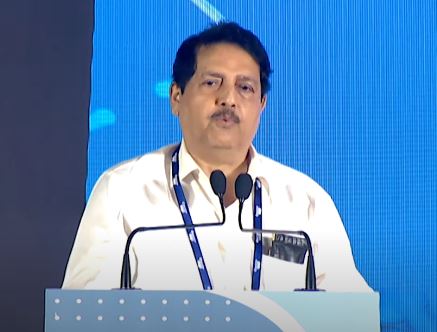
Professor Dr Bidyut Das, a department head of the Immunology and Rheumatology at SCB Medical College and Hospital in Cuttack, never engaged in private practice, dedicating his services to helping needy and underprivileged patients. Over 39 years, he has treated numerous patients daily and has been instrumental in initiating the Telemedicine Consultation Service (Tele-Rheumatology) at SCB Hospital in 2015. Das was born June 30, 1957, in Cuttack.
8. Kishan Patnaik
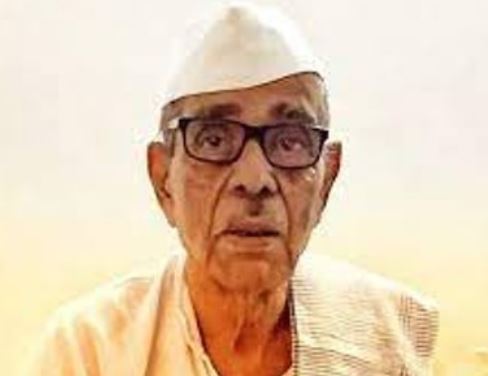
Kishan Patnaik, a social leader, socialist thinker, and writer, was elected to the Third Lok Sabha from Sambalpur constituency representing the Praja Socialist Party. Born July 30, 1930, in Bhawanipatna, Kalahandi, Patnaik completed his postgraduate studies at Nagpur University before returning to Kalahandi to teach at Brajamohan High School. He entered politics to fight for the common people. Patnaik was also the editor of the Hindi monthly magazine “Samayik Barta” and authored several books, including Kisan Andolan Dasha O Disha, Bichara Tipa Khata and Bharat Shudron Ka Hoga among others. These works reflect his thoughts and concerns for society. He passed away September 27, 2004, in Bhubaneswar.
9. Debi Prasanna Pattanayak

Debi Prasanna Pattanayak, a linguist, social scientist, and writer, is widely recognised across India. Born March 14, 1931, in Choudwar, Cuttack, he was the founding director of the Central Institute of Indian Languages in Mysore and a former chairman of the Institute of Odia Studies and Research in Bhubaneswar. Pattanayak played a key role in formalising the Odia language and including it in the Eighth Schedule of the Indian Constitution. For his contributions, he was awarded the Padma Shri by the Government of India in 1987. He also played a significant role in achieving classical language status for Odia.
10. Jogesh Chandra Rout
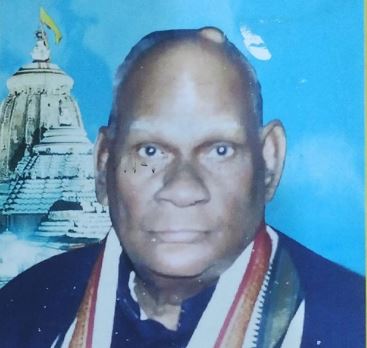
Jogesh Chandra Rout was a freedom fighter, former minister of Odisha, and a pioneer of the cooperative movement in the state. He founded Banki College along with several other colleges and schools in the vicinity, contributing significantly to education and social development. Known for his public welfare initiatives, he earned titles such as ‘Samabaya Samrat’ (Emperor of Cooperation). He was born August 24, 1924, in Banki and passed away September 12, 2009.
PNN





































